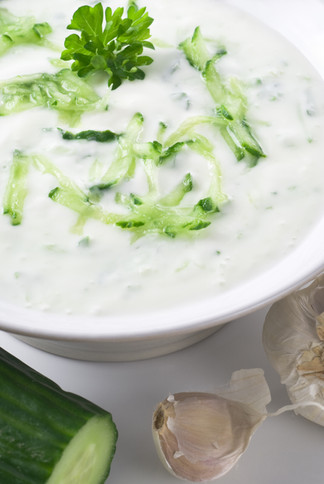Pick your Proteins!
- Adam
- Aug 6, 2021
- 3 min read
What do we need protein for?

We all know that eating enough protein helps us maintain and build muscle. Although did you know, that the building blocks of protein, called amino acids, are also used for building blood cells, skin, bones, hair and teeth. Some hormones are proteins. Insulin is a great example of this. Proteins also carry nutrients. You may have heard of the protein haemoglobin which carries oxygen from the lungs to our cells. Our body can also use amino acids to produce glucose for energy. This isn’t the whole list of how proteins are used in our body, but it gives you a good idea of how important protein is.

What makes a ‘good’ protein?
If a dietary protein source is low in saturated fat, is not coming from processed goods (e.g. cured meats, bacon, sandwich smallgoods) then it’s going to be nutritionally beneficial. Animal proteins are beef, poultry, eggs, low fat dairy and of course seafood. Plant sources of proteins include legumes, nuts & grains. However, unlike animal sources, not all plant sources are ‘complete’ proteins. Well, what does that mean? There are 20 amino acids which can make up proteins. If our diet is lacking some amino acids, humans can actually convert most amino acids into the ones we need – except for 9 of them. These 9 are called essential amino acids because it’s essential we obtain them in our diet. Animal proteins have the ‘complete’ compliment of amino acids including the 9 essential ones. Don’t worry if you’re vegetarian, as there are a number of plant sources that are complete with the 9 essential amino acids – these include quinoa, chia seeds and soy(including whole beans and tofu). As a general rule to obtain your complete compliment of essential amino acids from plant sources, combine a grain and a legume in a meal. For example, brown rice and kidney beans is a great combo.
If choosing animal proteins, make sure your meat is trimmed of excess fat and choose reduced fat dairy products. Of course, fish and other seafood doesn’t need to be trimmed of fat. Fish such as salmon, sardines, tuna & mackerel are high in omega-3 polyunsaturated fats. Research suggests that a diet high in fish and seafood can reduce risk of heart disease. Do choose sustainable farmed fish and reputable suppliers.
What foods in the Mediterranean Diet are good proteins?
As we saw in my post introducing the Mediterranean way of eating, seafood is the main animal protein consumed, a few times per week, with red meat consumed infrequently. This probably came about due to the geographic location of Mediterranean countries having easy access to the bountiful fishing areas. Plant protein sources include delicious walnuts, almonds and pistachios although they do not contain all the essential amino acids. You can boost your essential amino acid intake with buckwheat, bulgur, faro, freekeh, barley and oats in your diet. Nuts and whole grains will also increase your fibre, iron, zinc, magnesium and B vitamins.
How much protein should I have?
The amount of protein you need depends on your age, sex and activity levels. But as a general guide, men up to 70 years require .84g of protein per kg of body weight and women up to 70 year require .75g per kg of body weight. Older adults require more and some research indicates older adults require as much as 1 – 1.4g per kg per day.
As an example then, a 60 year old female weighing 70kg is recommended to have around 53g of protein spread out through the day. To give you a rough idea of how much protein different foods provide:
100g of cooked fish/lean beef/poultry: 25g
1 cup of plain unsweetened yoghurt: 25g
1 cup of cooked freekeh: 20g
1 cup of cooked bulgur: 6g
30g of walnuts: 5g
1 cup of cooked soybeans (edamame): 17g
1 large boiled egg: 6g
1 cup of cooked quinoa: 8g
When is the best time to have protein?
It’s recommended to spread your protein intake throughout the day, and not have it all in one meal. The reason is that our body can only process around 30g of protein in one sitting, and you’ll get even more benefit if you have protein within two hours after exercising.
Whatever proteins you enjoy with your meals, don't forget to eat with family and friends. Sharing a meal with loved ones is one of the simplest joys in life.
























Comments